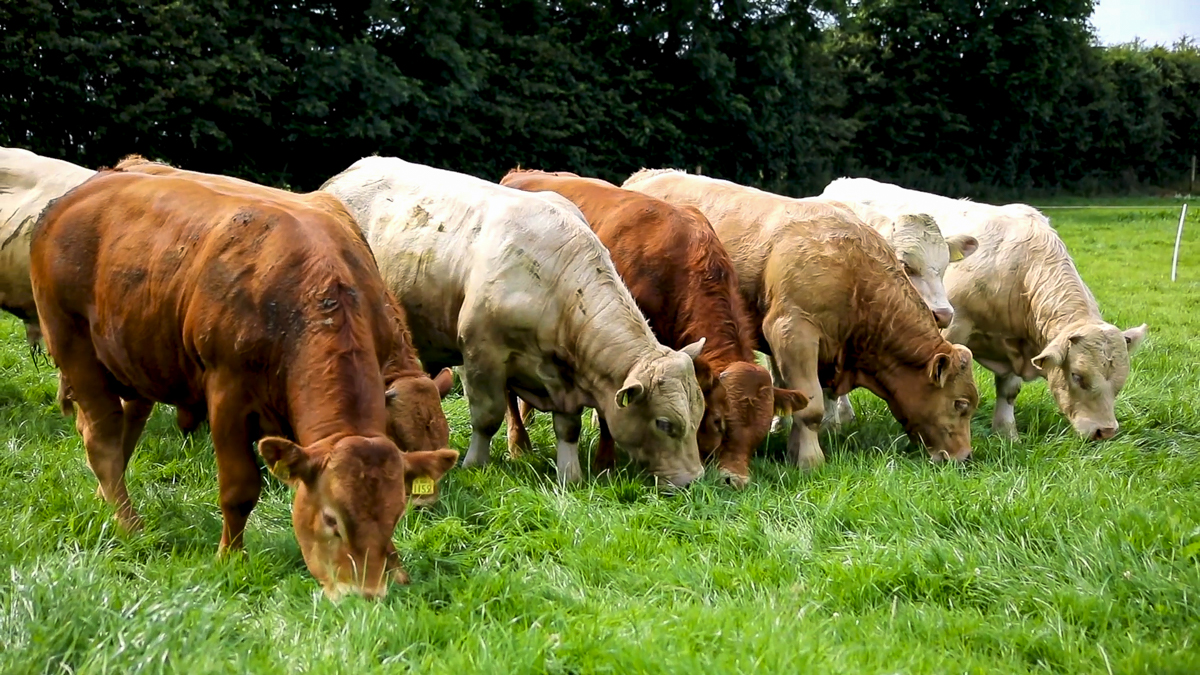The recent publication of the EU Farm to Fork Strategy [and Biodiversity Strategy] is significant. However, while the document is long on aspiration it’s decidedly short on detail.
The commitment to support and monitor the operation of the unfair trading directive is, given the huge imbalance in the food supply chain, very important and very necessary.
It is widely acknowledged that the primary producer is the least powerful player in this supply chain. The farmer is also an easy target for exploitation.
The marketing of our top-quality beef as a run-of-the-mill commodity has resulted in the suppression of prices. What’s more welcome – especially now – is the proposal to promote Protected Geographical Indication (PGI) status for quality foods produced in the EU.
This has been mooted previously for Irish suckler beef, but little progress appears to have been made. Perhaps this is due to the failure to differentiate grass-fed animals from feedlot stock.
All the while, we hope that the implementation of a proposed code of conduct for responsible business and marketing practices will assist in the promotion of our suckler beef.
However, it would be naive to assume that the most powerful players in the market would voluntarily sign up to a code of conduct that might result in them sharing their profit margins with primary producers. Such a code needs to have legislative backing or it will have no impact.
‘Importance of food security’
Elsewhere, the strategy refers to the importance of food security. Recent events have surely brought home – to policymakers across the EU – the importance of a secure, reliable and local supply of quality food.
One would have thought that the impact of the measures taken to counteract the Covid-19 pandemic might have focused minds. However, little is evident within the strategy by way of concrete measures.
Meanwhile, the Mercosur deal proposes to replace traceable beef produced to European standards with beef of uncertain origin and, possibly, with unknown additives – produced for EU consumers on land cleared by blitzing the rainforests of the Amazon.
From my analysis, the document uses the words ‘sustainable’ and ‘sustainability’ no fewer than 134 times – excluding the annex and footnotes.
Yet, little consideration seems to be given to the ‘sustainability’ of rural communities across Europe. The unspoken intention, it seems, is to encourage other, poorer countries to carry the environmental cost of feeding Europe.
Unfortunately, a cheap food policy only serves to devalue quality food in the eyes of consumers – contributing to a downward spiral in prices.
‘Worrying approach to environmental matters’
The strategy adopts a worrying approach to environmental matters. [Reduced emissions during] the global lockdown have clearly demonstrated that the real environmental culprit is not agriculture…and certainly not livestock.
The starting point for improved carbon efficiency has to be the comprehensive measurement of existing grassland practices and an assessment of the methane cycle.
Instead, the commission seems to be intent on promoting artificial or plant-based meat substitutes – as an environmental ‘fix’. But this ignores the fact that only a fraction of land is suitable for crop production. Livestock grazing is the only way to produce food on much of our land.
In addition, ruminants are an essential part of a balanced ecosystem; by grazing grassland correctly we can promote carbon efficiency.
‘The lazy assumption’
Of course, the lazy assumption – that ‘going organic’ must be better for the environment – prevails. This assumption needs to be examined.
Given that most non-cyclic emissions are produced by the ‘consumption’ of fossil fuels, there are surely more significant environmental factors at play in the food supply chain than whether produce is or is not organic.
Furthermore, is the document’s assertion that ‘consumers recognise the value of organic produce’ actually supported by the facts?
Farmers do not spend money on fertilisers and pesticides because they like spending money; they use and apply these to maximise production – to make a margin and survive.
Any aspiration to increase organic production must be accompanied by a realisation that ‘good food’ is not ‘cheap food’. A policy of providing ‘cheap food’ for the citizens of Europe is, in itself, not ‘sustainable’.
From Bláth Cooney, Co. Clare
